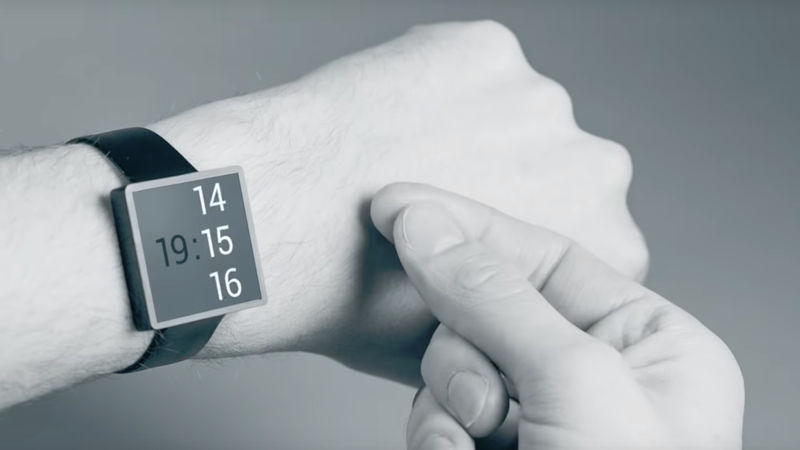
Back in 2015, Google’s Advanced Technology and Projects group (ATAP) showed off tiny radar-based sensors that would let you control your gadgets simply by tapping your fingers together. But it wasn’t until earlier this week (and after a small push from Facebook) that Google actually got the go-ahead it needed to deploy its tech in the real world.
According to Reuters, the FCC granted Google a waiver on Monday that allows Project Soli sensors to use frequencies between 57 and 64 Ghz, which are higher than what is typically allowed in normal gadgets, but still in line with limits dictated by the European Telecommunications Standards Institute.
The FCC specified that Soli sensors can even be used aboard airplanes, just so long as users and device makers comply with the FAA’s standard rules regarding the use of portable electronics.
Originally thought up by students at St. Andrews University, the goal behind Project Soli was to replace things like physical switches or on-screen buttons with virtual controls that use radar sensors to detect subtle hand movements—so instead of pressing a rocker switch to lower the volume on your device, you could just rub your fingers together as if you were playing the world’s smallest violin.
This tactic offers some advantages over traditional touchscreen controls, because, since you can already tell when your hands or fingers touch something, there’s no need to add additional haptic feedback or vibrating motors to reassure folks that the device is working. Additionally, Soli can recognize the difference between your hands and objects made out of metal, plastic, or other materials, so it’s not limited just to basic gestures.
Earlier, as Google sought approval for its radar-based tech, Facebook reportedly butted in with fears that Soli devices could interfere with the operation of other gadgets. However, after some back and forth, the two tech giants seemed to reach an agreement, and in September, they presented the FCC with a joint statement saying that even though Google’s radars use higher than normal power levels, Soli sensors should not cause problems for other devices.
Advertisement
Sadly, even though the FCC has granted approval for Google to move ahead with Project Soli, it’ll probably be quite some time before we could see radar sensors installed on a Pixel or Chromebook. That said, Soli might just be the last piece of the puzzle we need to make devices like the Lenovo Yoga Book C930—which features a virtual keyboard instead of a physical keys—actually succeed.
[Reuters]
https://gizmodo.com/googles-experimental-radar-sensors-that-replace-buttons-1831430225Bagikan Berita Ini














0 Response to "Google's Experimental Radar Sensors That Replace Buttons With Gestures Get FCC Approval - Gizmodo"
Post a Comment